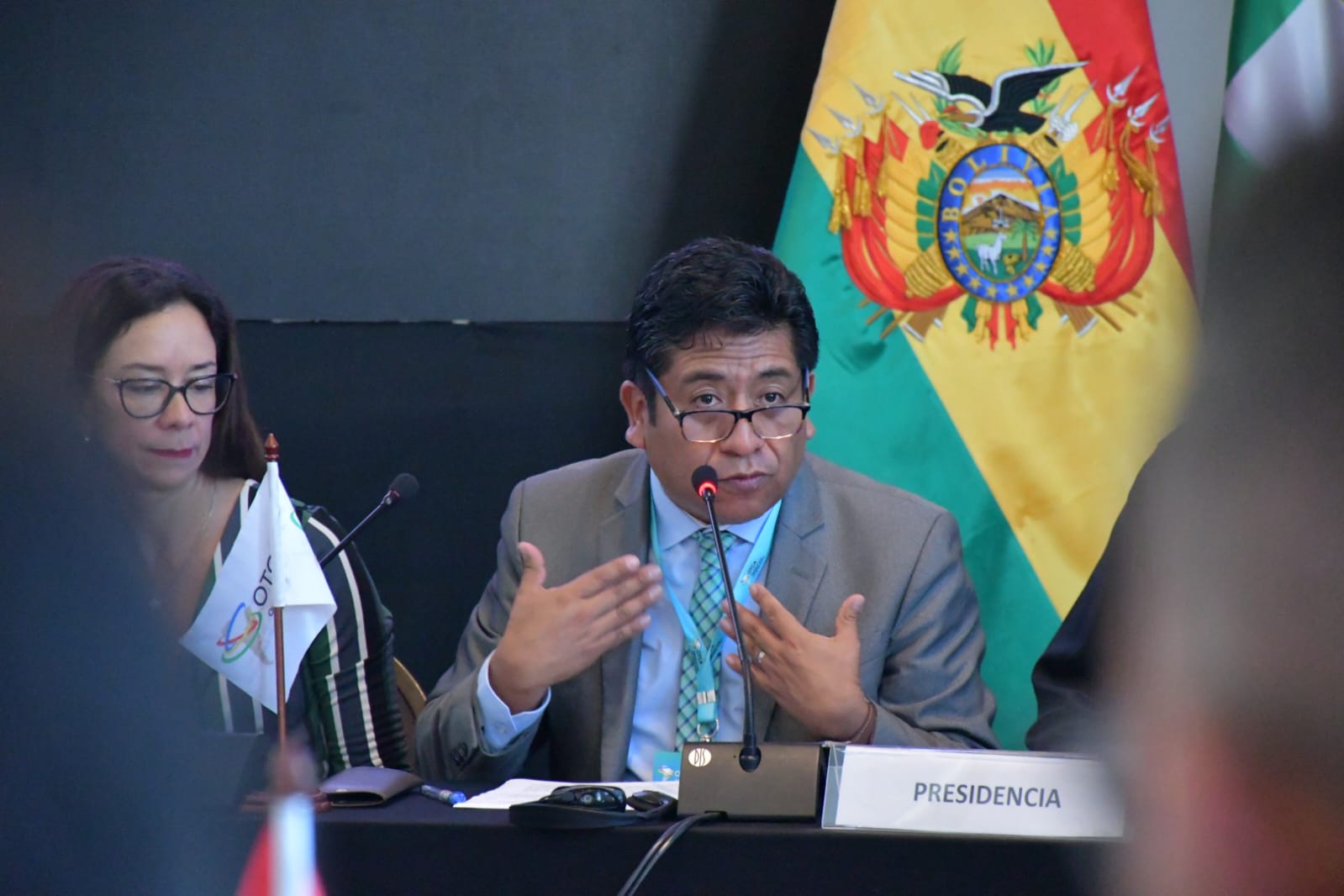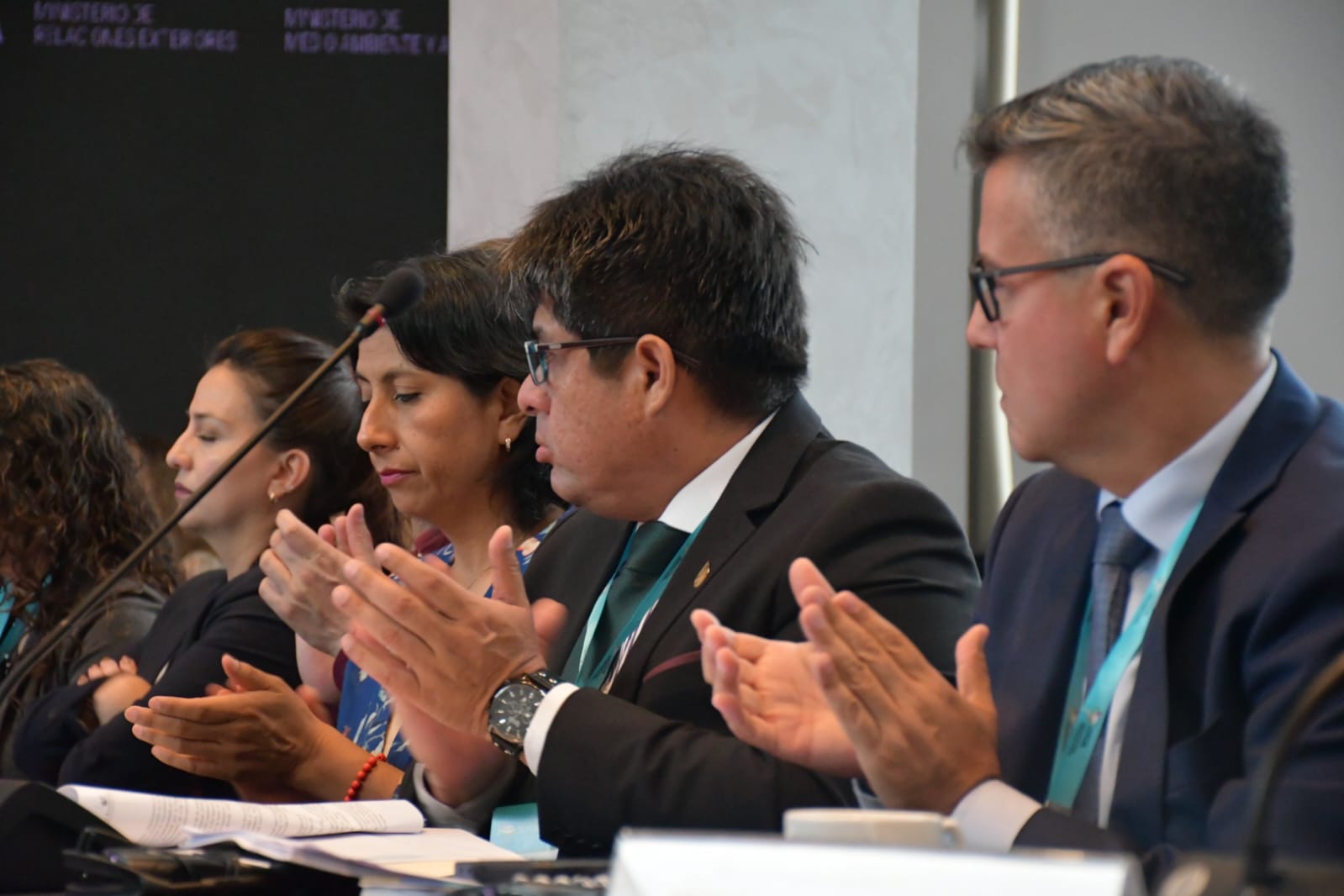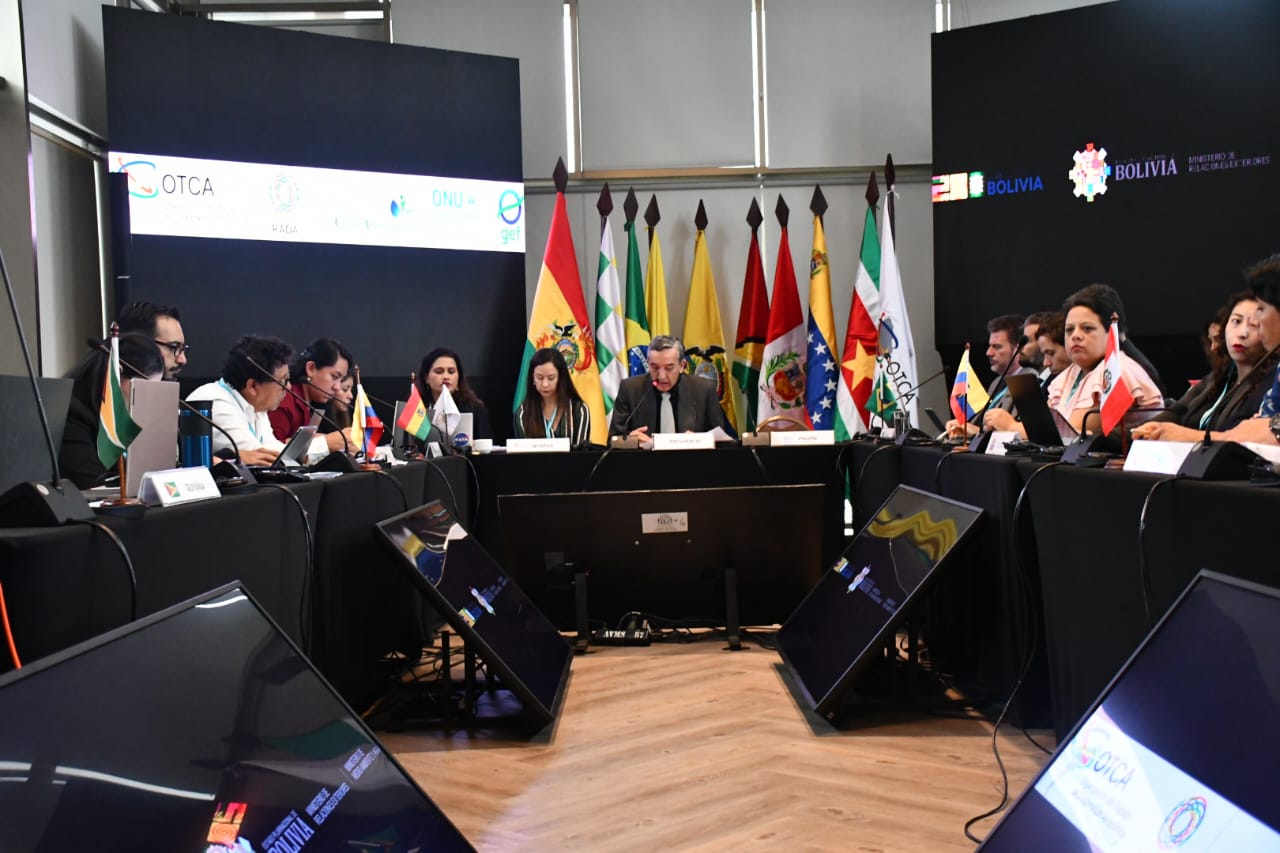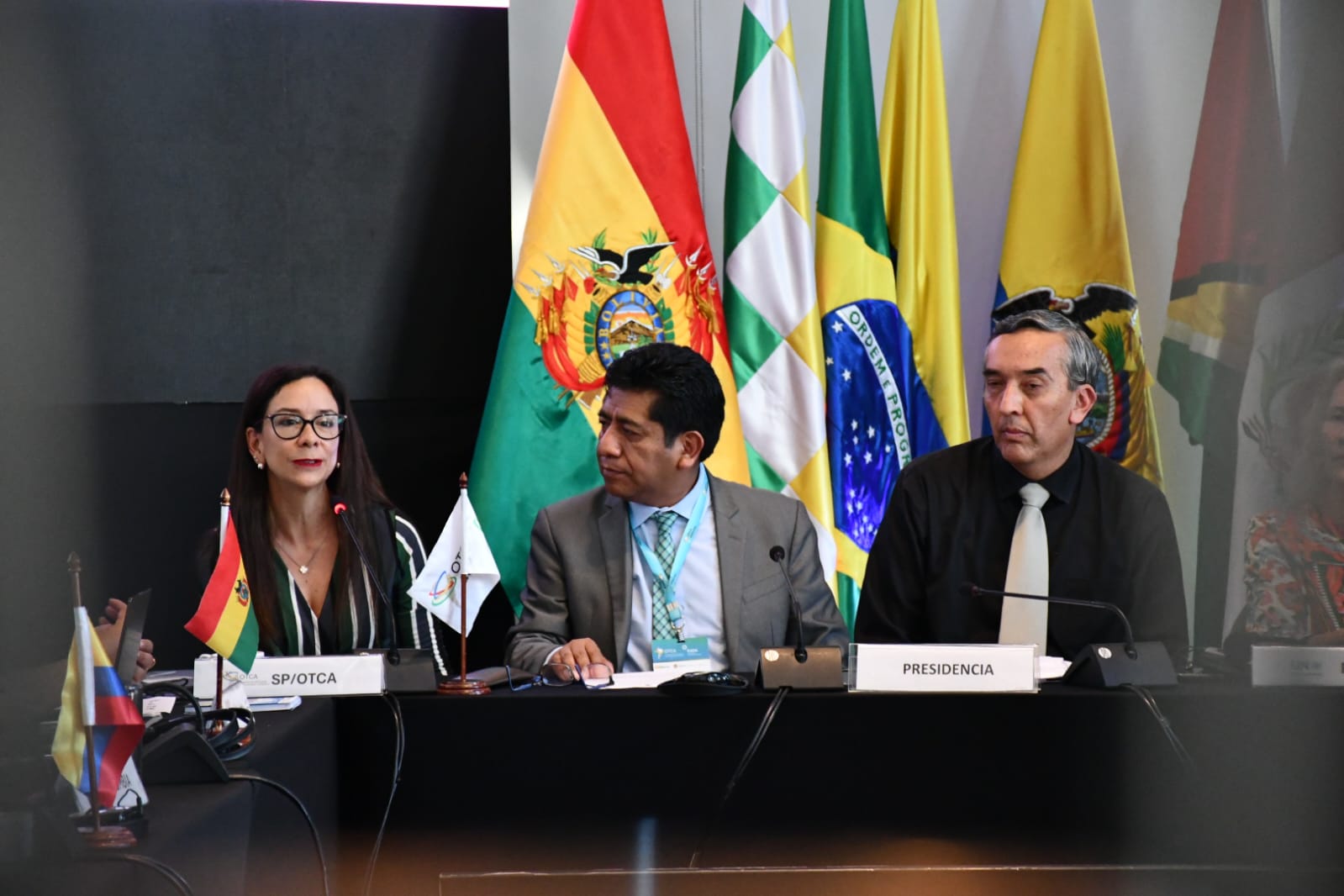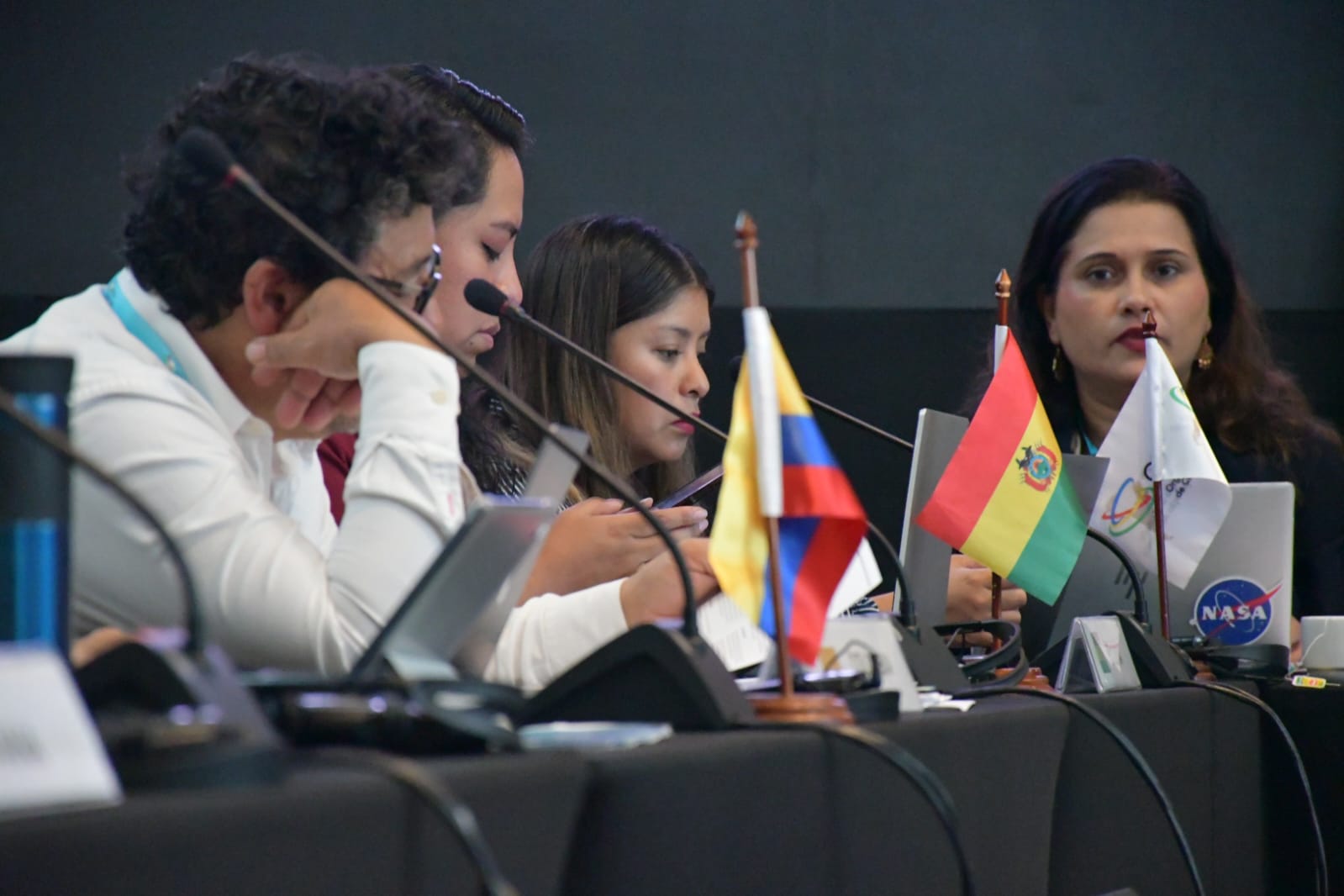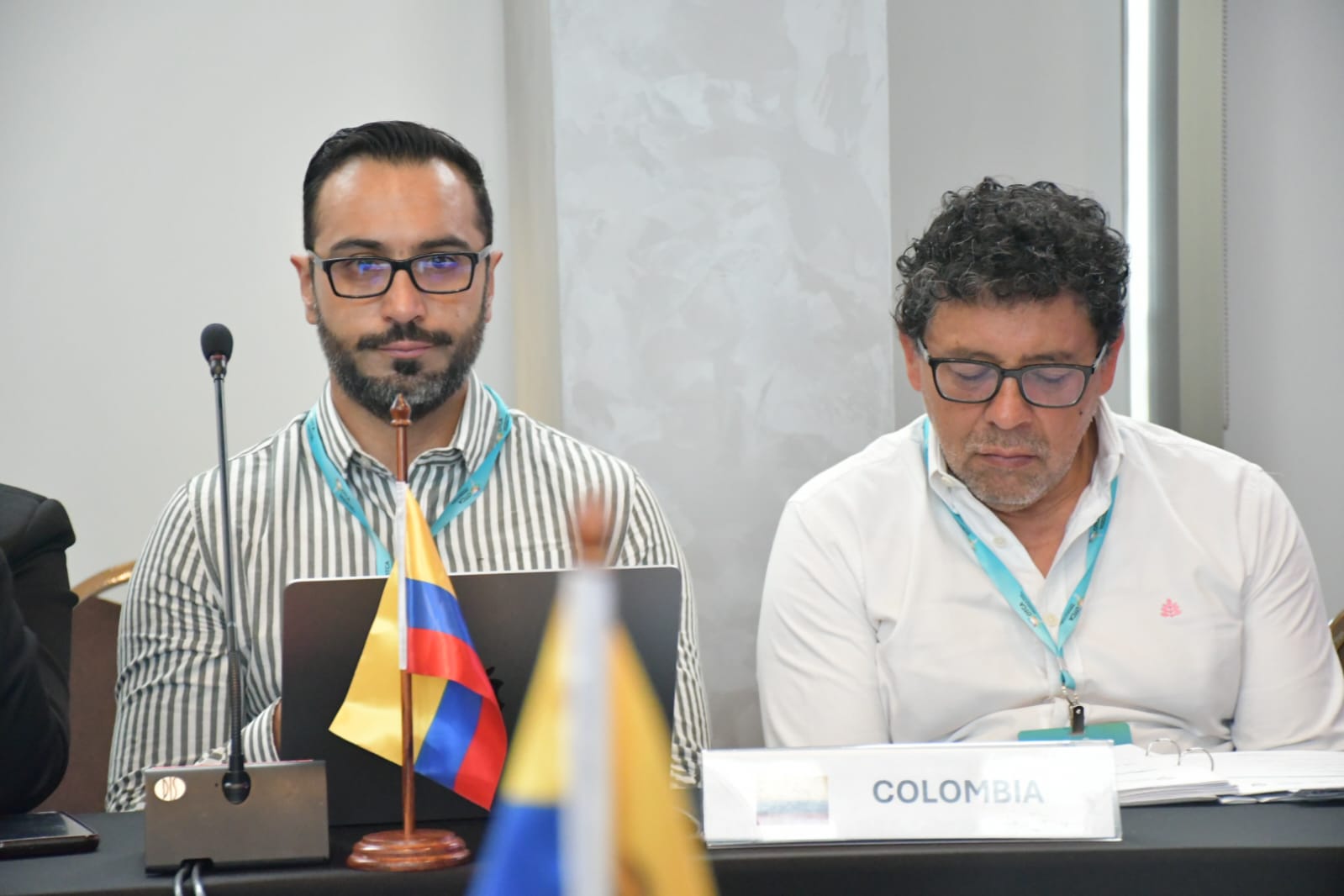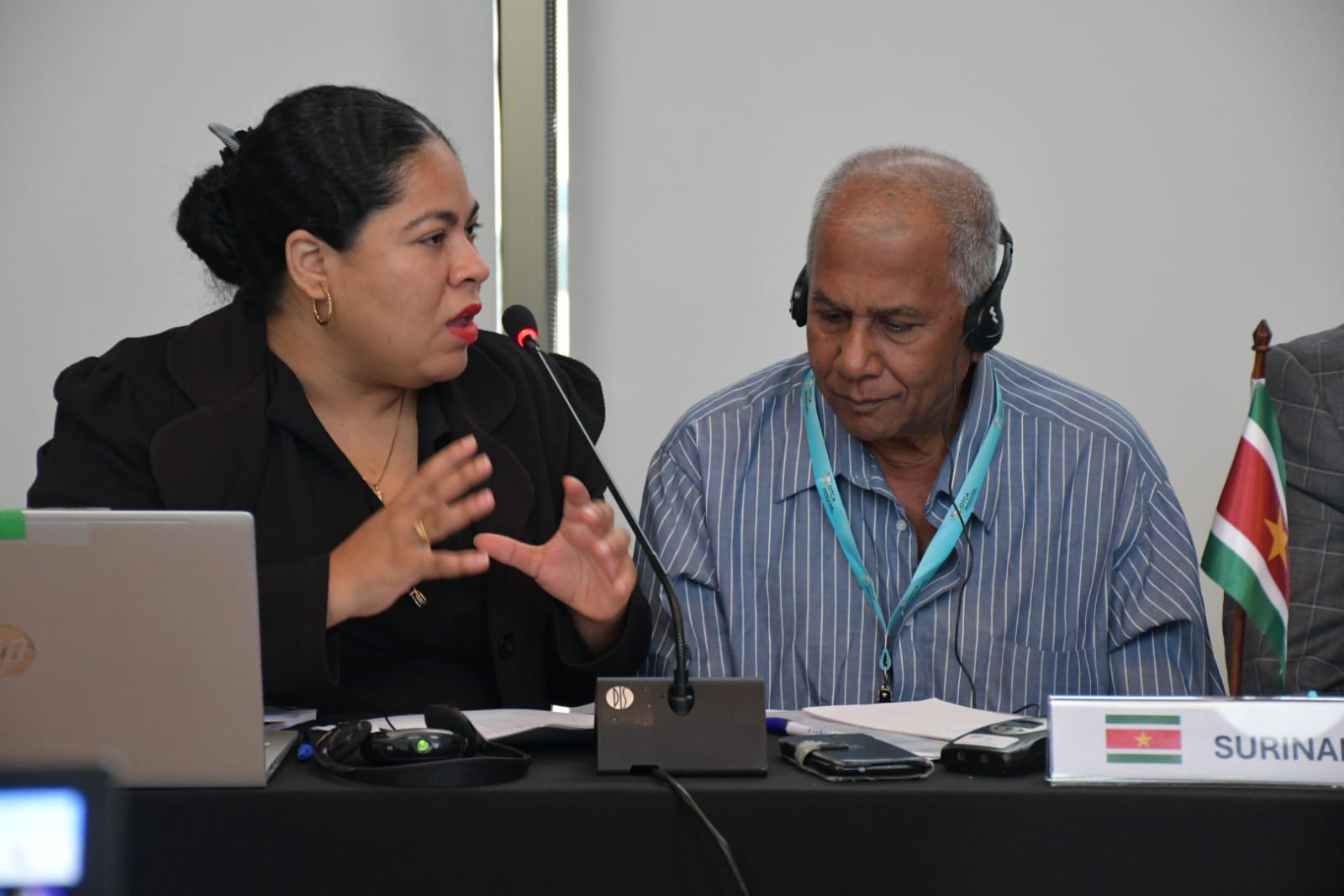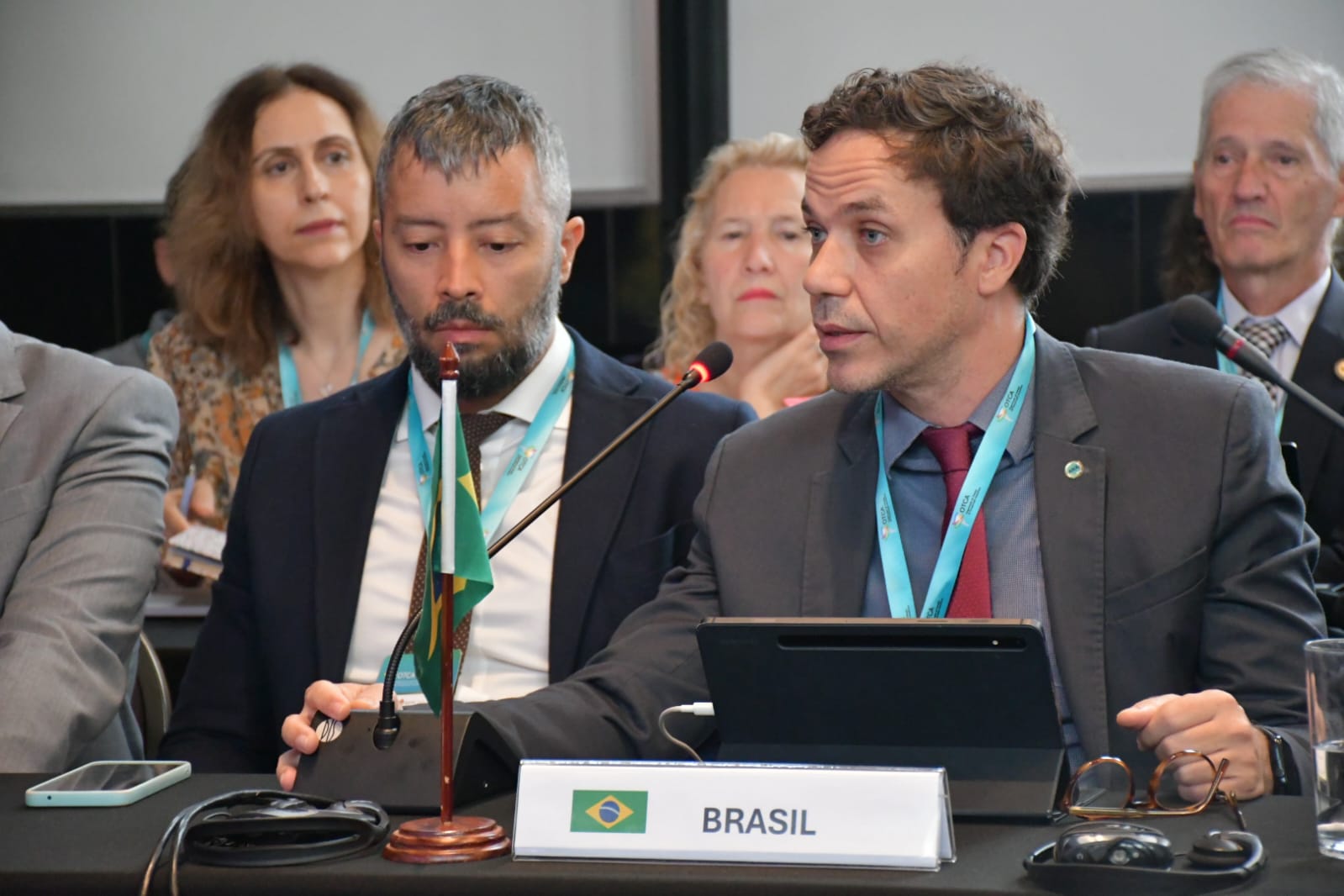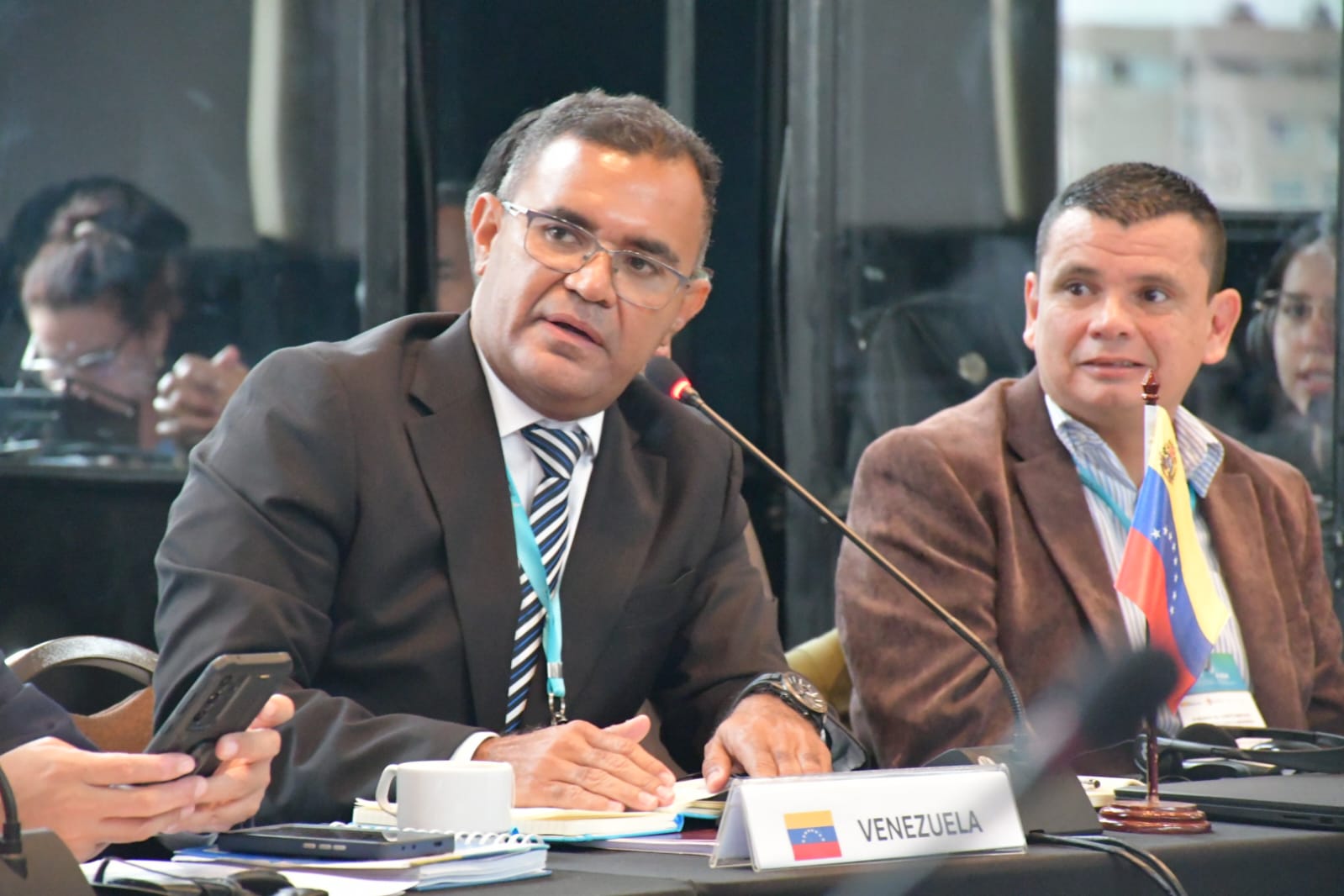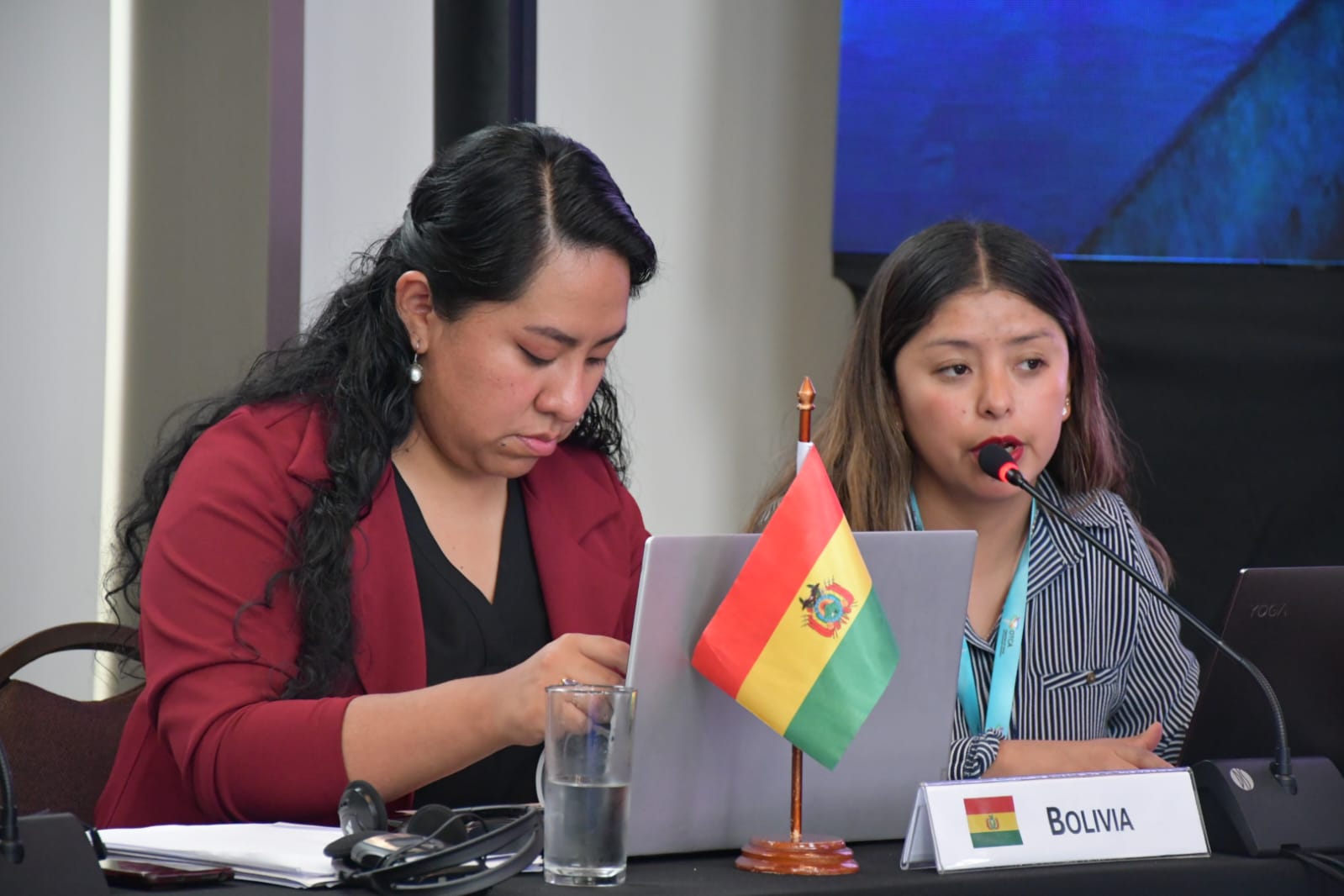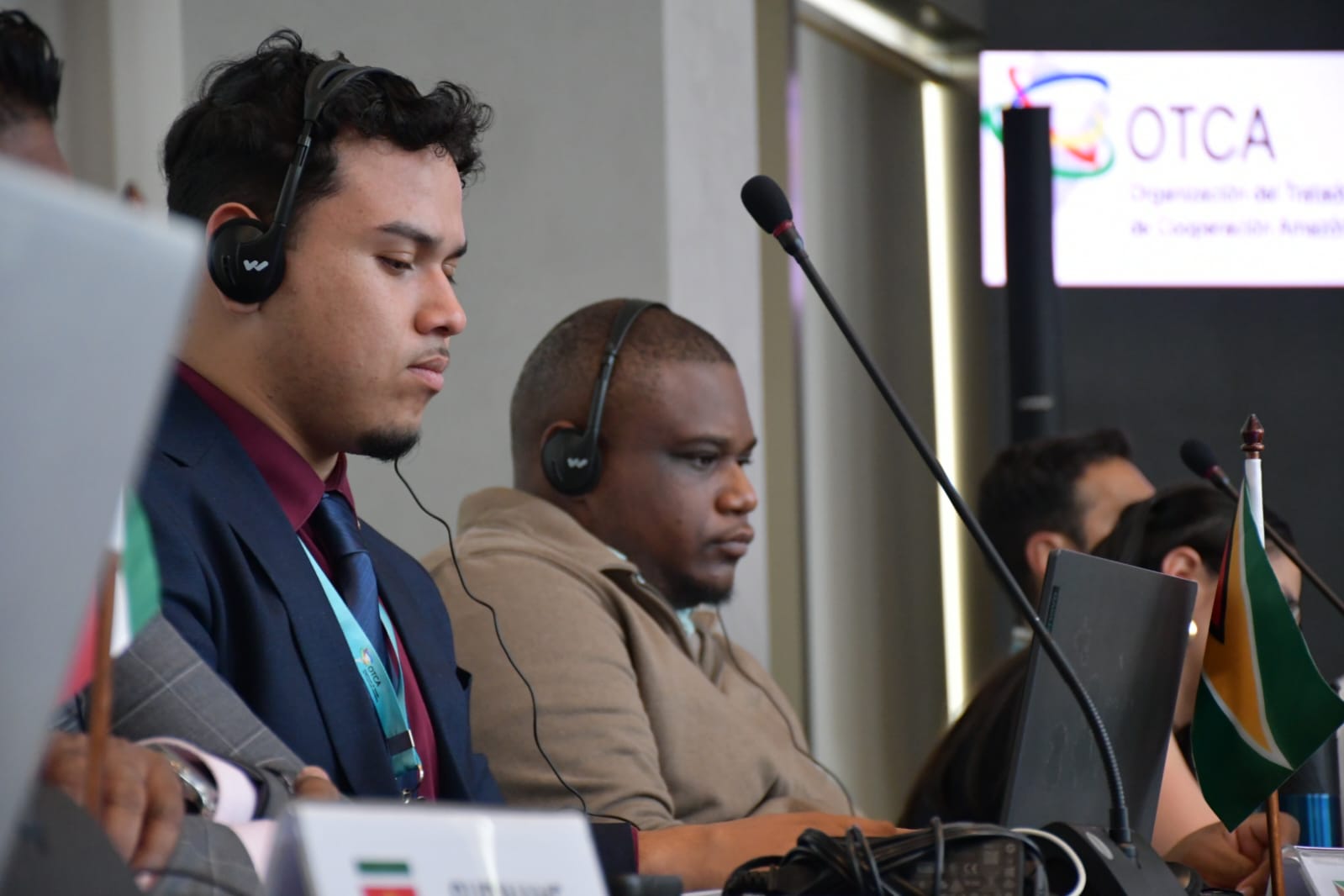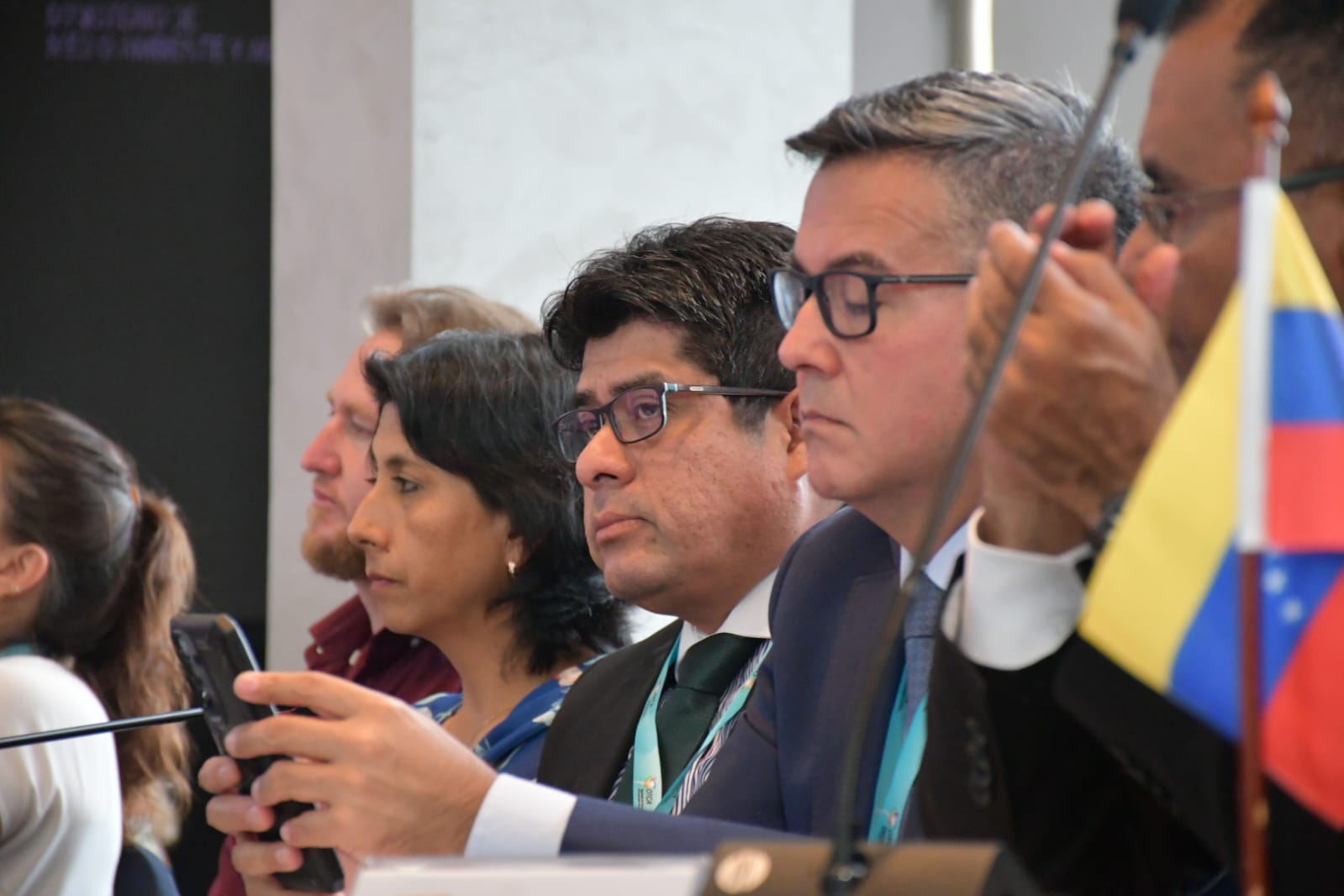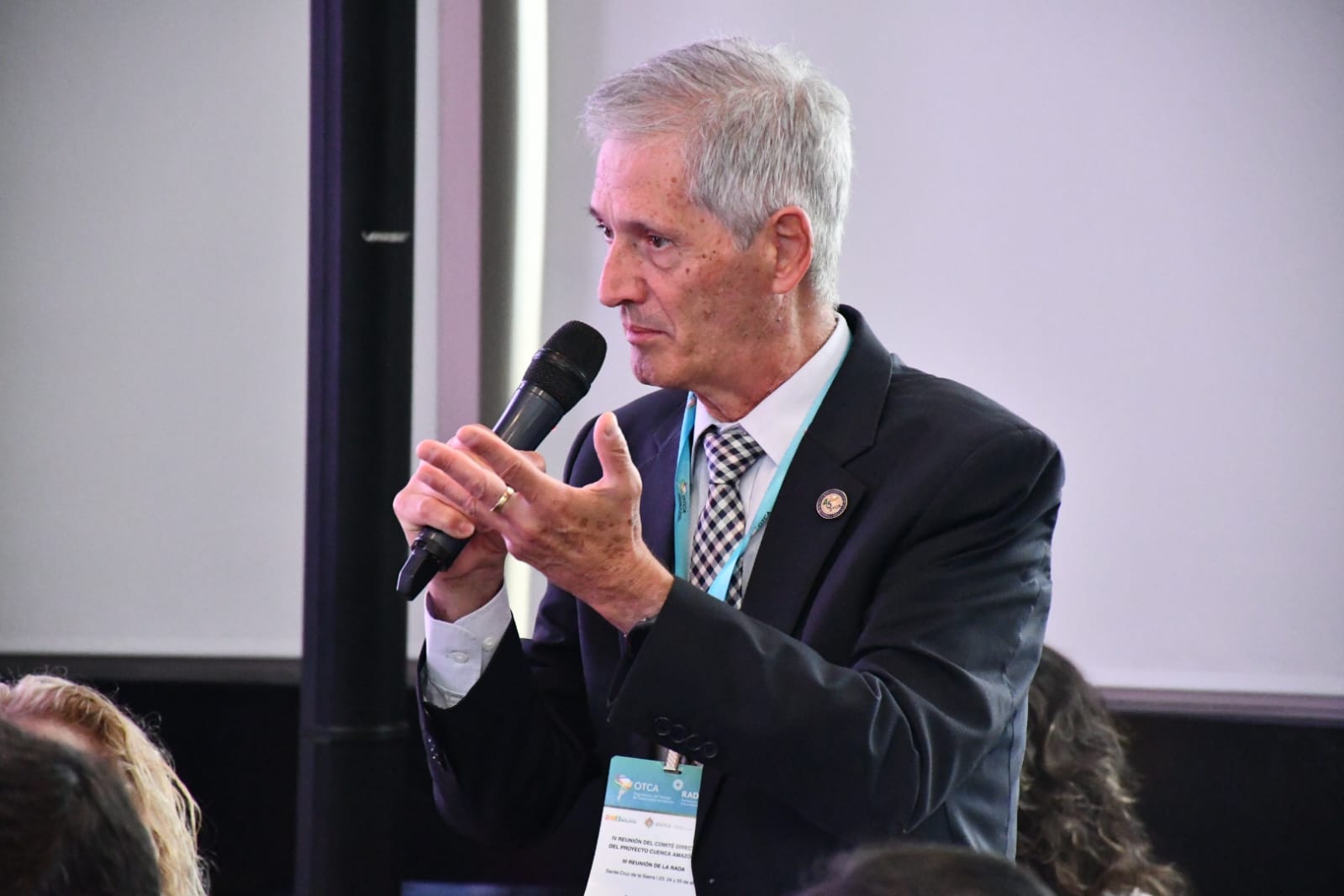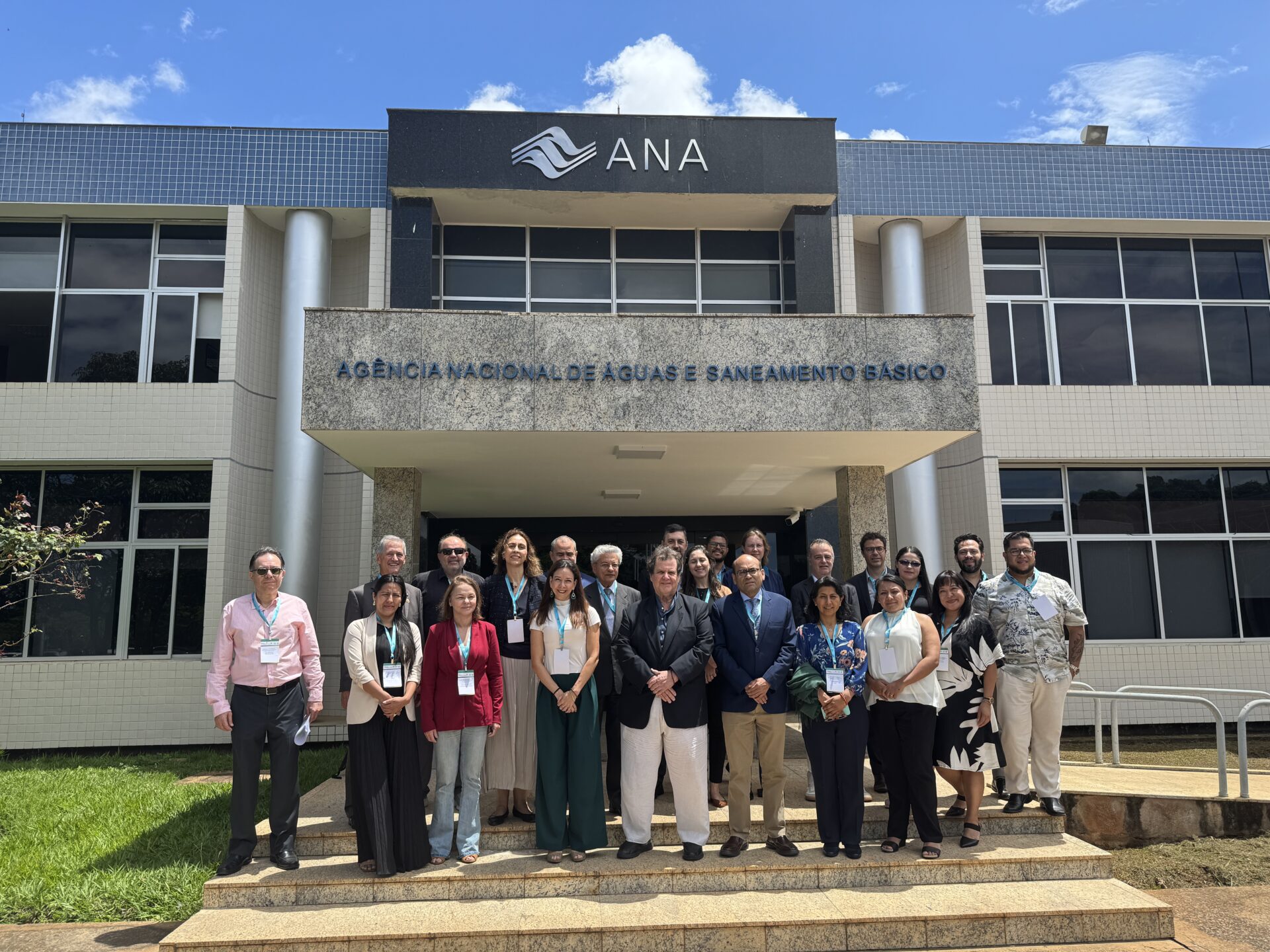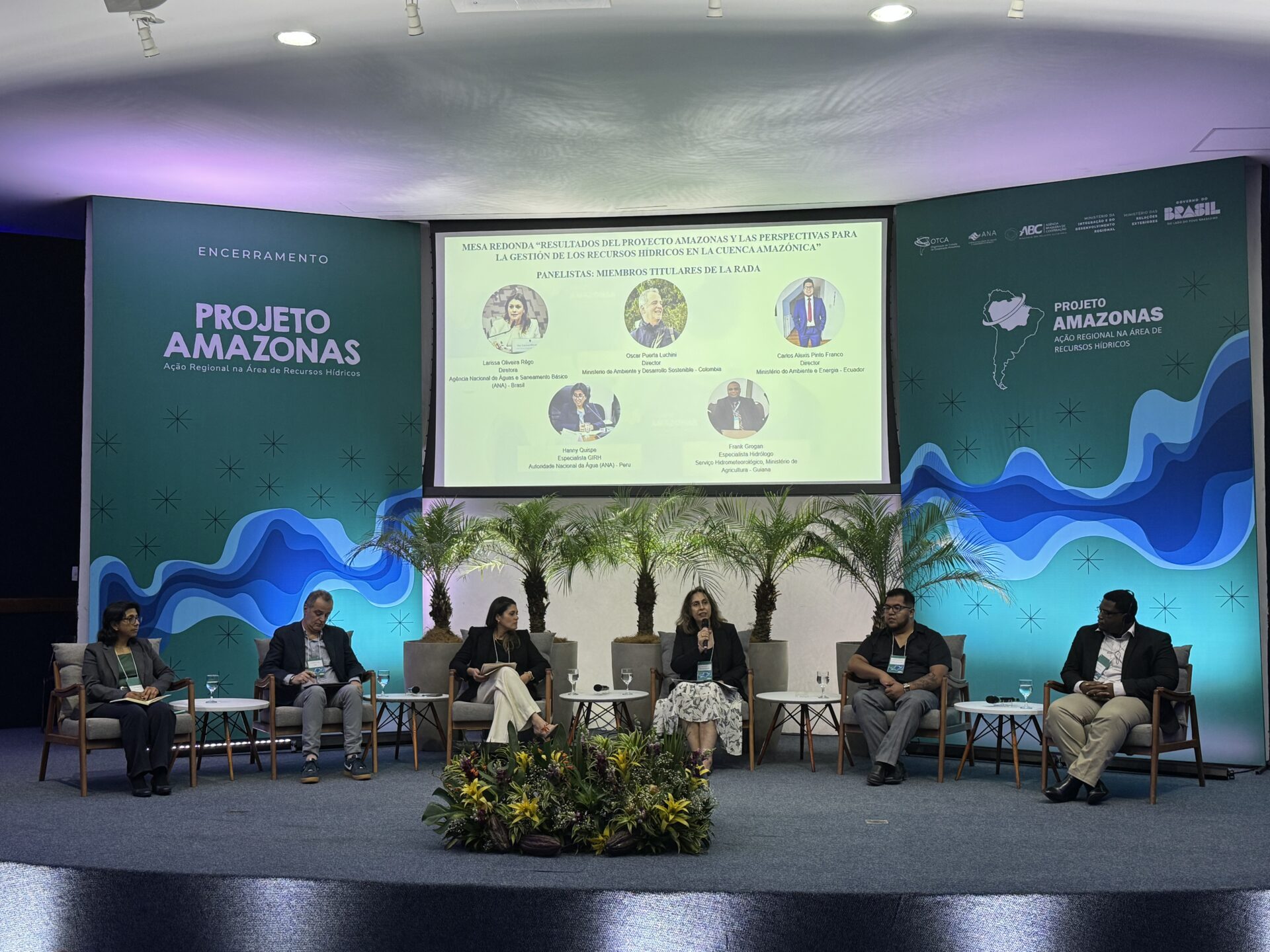In Santa Cruz de la Sierra, Bolivia, on April 25, during the third meeting of the Amazonian Network of Water Authorities (RADA), the adoption of common protocols for the Regional Water Monitoring Networks was ratified. This decision, within the framework of the Strategic Action Program (SAP) for Integrated Water Resources Management in the Amazon Basin, consolidates a robust technical and political framework that will enable comprehensive monitoring across the region, strengthening resilience to the challenges posed by climate change.
Established in 2023 under the Amazonian Regional Observatory (ARO), the two monitoring networks — the Amazonian Hydrological Network (AHN) and the Water Quality Network (WQN) — rely on data from 244 hydrometeorological stations distributed across the eight Member Countries of the Amazon Cooperation Treaty Organization (ACTO). The adopted protocols will ensure data consistency and comparability, as well as greater effectiveness in the sustainable management of water resources throughout the basin.
In celebration of this advancement, the network president, Daniel Rodríguez — General Director of Basins and Water Resources at Bolivia’s Ministry of Environment and Water — emphasized the importance of methodological uniformity to strengthen regional water cooperation. “The approval of these common protocols is crucial as it allows us to have a unified approach and vision on hydrology and water quality issues in the Amazon region. This is a key step toward strengthening integrated and sustainable water management in the Amazon, promoted through the collaborative work of the eight ACTO Member Countries.”
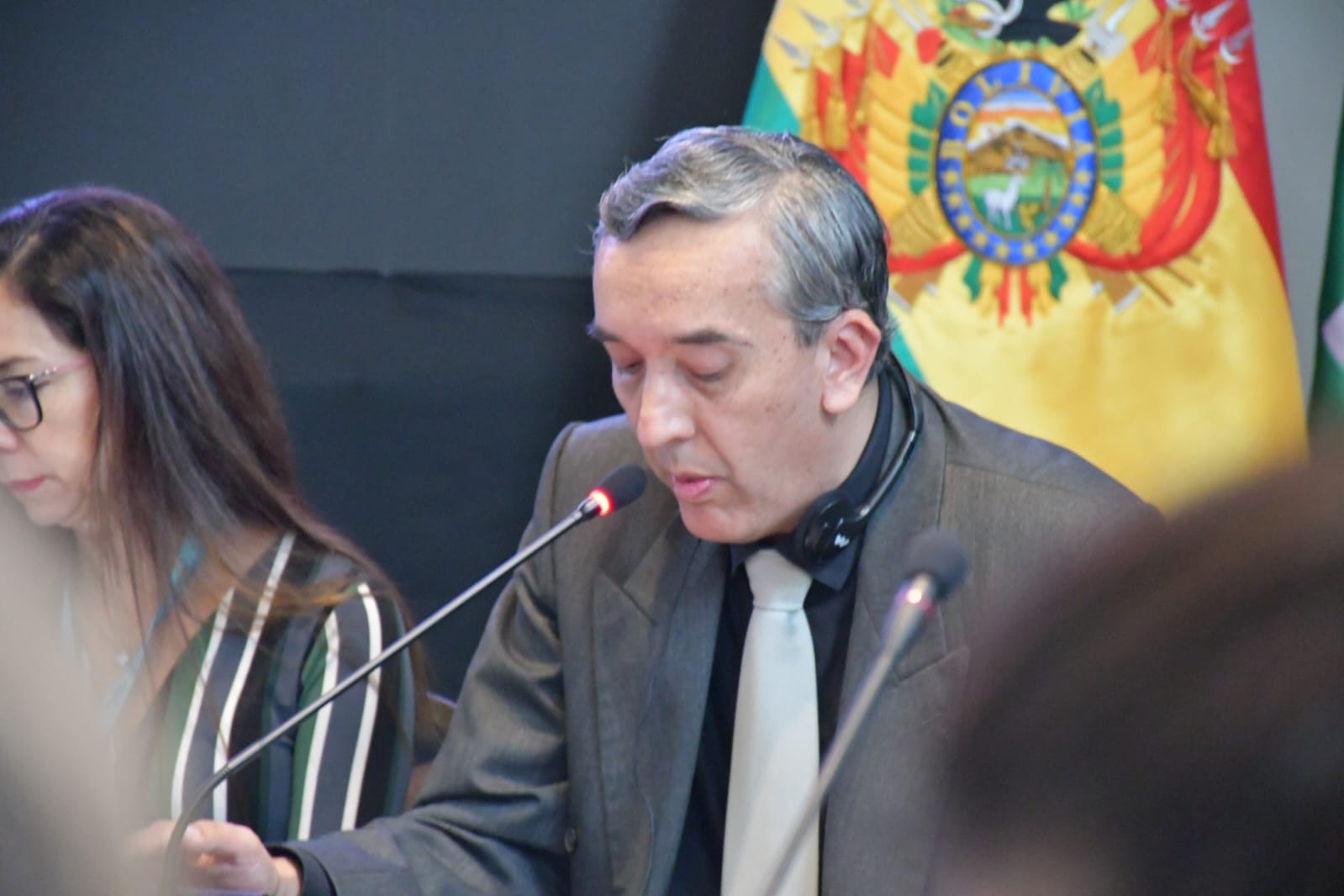
Daniel Rodríguez, ANWA’s president
At the conclusion of the meeting, Bolivia’s Deputy Minister of Foreign Affairs, Elmer Catarina, welcomed the network’s decision and highlighted that “a healthy and transparent water integration is essential to address the environmental crisis,” underlining the importance of keeping RADA active and strengthened. Catarina also praised the enhancement of horizontal cooperation — whether bilateral or multilateral — as expressions of the “diplomacy of peoples for life,” based on mutual respect, reciprocity, and harmonious coexistence among peoples.
- Deputy Minister of Foreign Affairs of Bolivia, Elmer Catarina, in his closing speech
- Water authorities of the Amazonian countries
Institutional commitment and respect for the sovereignty of countries
Respecting the realities and regulatory frameworks of each country, RADA emphasized that the implementation of the common protocols is subject to national legislation, as well as the availability of budget, procedures, and technical capacities of the competent bodies. Additionally, the technical recommendations made by network members will be presented to the RADA Technical Support Panel (TSP) at its next meeting.
During the meeting, Edith Paredes, Administrative Director of the ACTO Permanent Secretariat, celebrated the ratification of the protocols and reaffirmed the institutional commitment to the network. “From the Permanent Secretariat, we are committed to continuing to strengthen RADA’s work, representing the eight ACTO member countries in various forums.”
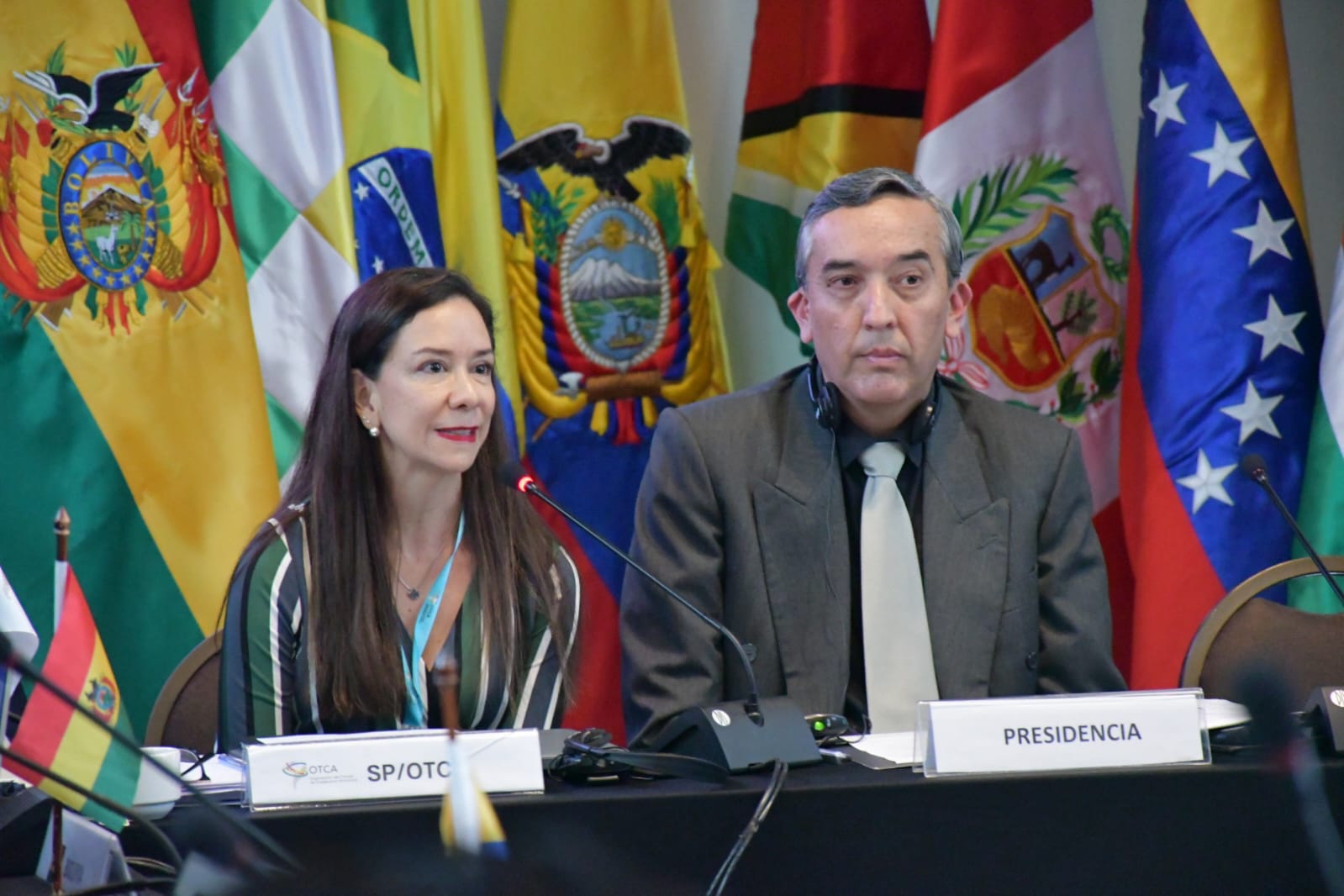
Speech by Edith Paredes, Administrative Director of the ACTO
Collaboratively developed technical protocols
The approved protocols cover various key aspects for the effective functioning of the regional monitoring networks. These include the modernization of networks and station adaptation, with the definition of minimum standards and monitoring automation; field quality control, including equipment calibration and sample recording standardization; data storage, analysis, and publication, prioritizing security, accessibility, and transparency; and the flow of responsibility and governance, with clear role definitions for network operations and regional data integration.
These guidelines were collectively developed from a thorough technical review and a participatory process that involved six virtual TSP meetings, held between November 2024 and March 2025, coordinated by the PS/ACTO and supported by the Amazon Basin Project (ACTO/UNEP/GEF).
Advances of the Amazon Basin Project and update of the TDA/SAP
RADA recognized and welcomed the progress made by the Amazon Basin Project in implementing the SAP, reaffirming its relevance as a strategic tool for Integrated Water Resources Management (IWRM) in the ACTO’s regional cooperation. It expressed support for the update process of the Transboundary Diagnostic Analysis of the Amazon Basin (TDA) and the Strategic Action Program (SAP) — known as the TDA/SAP supplement — also highlighting the importance of developing National Action Plans (NAPs) to consolidate integrated water management in the region.
The network urged the ACTO Permanent Secretariat to take the necessary steps to ensure the institutional and financial sustainability of the SAP.
Training for capacity building
In line with these advancements, RADA adopted the Amazonian Training Plan, considering the TSP’s technical recommendations. This plan will contribute to strengthening institutional and technical capacities in the Member Countries, a key aspect for the success of IWRM in the region.
White Paper Proposal: Next Steps
Finally, RADA took note of the outline for the White Paper, a technical and political document in progress that seeks to consolidate principles, guidelines, and recommendations to strengthen ACTO’s role in regional cooperation for Integrated Water Resources Management (IWRM) in the Amazon region. This type of publication, commonly used in strategic planning and decision-making processes, aims to guide public policies and foster consensus among involved stakeholders.
RADA requested that TSP review the proposed structure and support the development and consolidation of the document. It also encouraged the Member Countries to nominate relevant experts to contribute to the process.
Related news
Post
Virtual course presents the potential of cloud data analysis for Amazonian water resource management
5 de February de 2026
As part of the Amazonian Training Plan for Integrated Water Management, from the Amazonian Network of Water Authorities (RADA), the [...]
Post
17 de December de 2025
On December 11, the Amazon Basin Project (ACTA/UNEP/GEF) held a Seminar on the Exchange of Cooperation Experiences for the Management [...]
Post
16 de December de 2025
The roundtable discussion “Results of the Amazon Project and Prospects for Water Resource Management in the Amazon Basin” was held [...]

